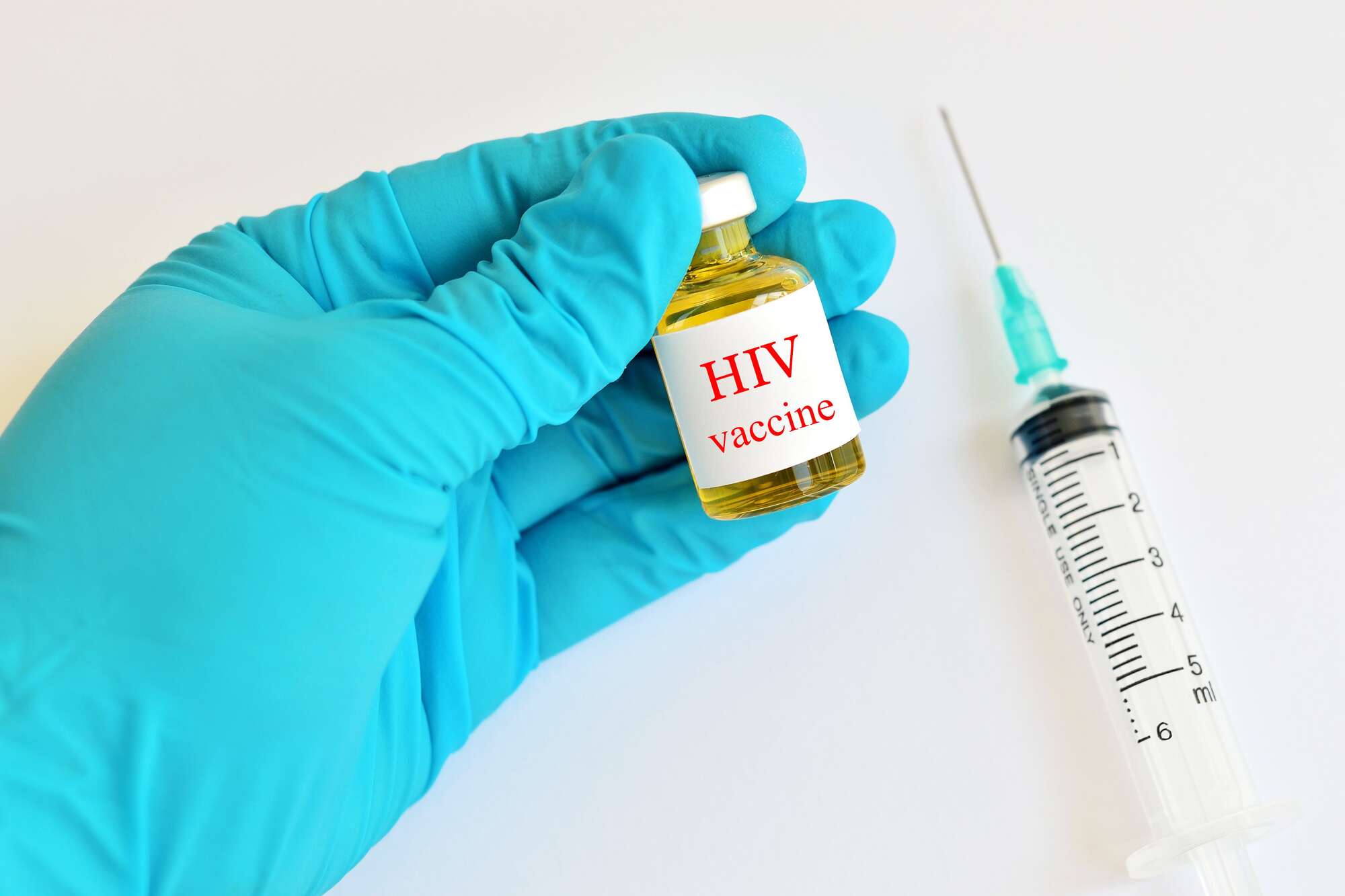
Uganda will receive 10,000 doses of an injectable substance for the prevention of HIV
The Ministry of Health of Uganda has announced that it will introduce a long-acting injectable HIV prevention drug, Cabotegravir (CAB-LA), in September.
The ministry’s PrEP coordinator, Dr. Herbert Kadama, reported that the country anticipates receiving approximately 10,000 dosages from the United States Agency for International Development (USAid).
“In September of this year, we intend to commence the implementation of CAB-LA at seven facilities that are supported by PEPFAR USAid.” “Thanks to the Global Fund’s assistance, we will expand to four additional sites by February 2025,” stated Dr. Kadama.
The purpose of CAB-LA, which is administered every two months, is to prevent HIV transmission through any form of exposure.
Dr. Kadama elucidated that the drug is gradually released from the muscle into the body and enters the circulation after being injected into the buttock. As a result, it accumulates in the body’s cells and prevents HIV infection. In addition, he stated that the drug’s delayed release is a result of its unique components.
Dr. Kadama underscored the significance of evaluating the HIV risk of each individual prior to initiating treatment during a media briefing in Kampala to discuss novel PrEP technologies and Lenacapavir research.
“As long as the risk remains, the injection will be administered every two months to individuals who are HIV-negative and at risk,” he continued.
Currently, Uganda offers two choices for HIV pre-exposure prophylaxis (PrEP): the vaginal ring and oral PrEP. In 2017, oral PrEP was introduced, and the number of consumers has since risen from 800 to over 700,000.
Currently, the vaginal ring is accessible at seven institutions throughout the country, including those in Mbarara, Eastern Region, and Northern Region. A total of 279 women have utilized it.
Replacement of the vaginal ring is required every 28 days, as it becomes effective one day after insertion. Supported by the Global Fund, the ring will be accessible in an increased number of facilities.
The current PrEP options are being offered at seven public health facilities under the PEPFAR-USAID Mosaic funded initiative, as Dr. Kadama also emphasized.
Mbarara Health Centre IV, Bufunda Health Centre II, Gulu Regional Hospital, Kitgum Hospital, Namakwekwe, Bison Health Centre III, and Malawa Health Centre IV comprise these health care facilities.
He did, however, acknowledge that the availability of resources will determine the extent of the expansion to the entire nation.
The ongoing research into other injectable PrEP medications, such as Lenacapavir and F/TAF, was discussed by Dr. Flavia Matovu, Director of Research at MU-JHU.
In Western countries, F/TAF has already been approved for the prevention of HIV in transgender women and men who have sex with males.
According to Dr. Matovu, “Lenacapavir has been demonstrated to be highly effective, as it remains in the body for six months.” Additionally, “We conducted HIV prevention trials in young women and determined that Lenacapavir was effective in preventing HIV.” Unlike CAB-LA, which is administered every two months, Lenacapavir is only necessary twice a year.
In spite of the effectiveness of Lenacapavir, Dr. Matovu stated that additional research is required to ascertain the most effective method of administering it in Uganda.
“It is imperative that we evaluate whether it is appropriate to distribute it in pharmacies, facilities, or individuals’ residences. “Even after a product has been demonstrated to be effective, the research continues,” she stated.
According to Dr. Diana Atwine, Permanent Secretary in the Ministry of Health, these new prevention strategies are a critical component of the National HIV Prevention Strategy of the country, which is designed to decrease the prevalence of HIV and the number of new infections.
Hope is offered by new products such as the PrEP ring and injectable Lenacapavir. We are dedicated to the cessation of HIV as a public health threat by 2030 and the expansion of access. According to Dr. Atwine, these global advancements are being implemented as part of our National HIV Prevention Strategy to mitigate the 5.5 percent prevalence rate and 38,000 new infections that were reported in 2023.
In particular, she advocated for increased awareness of the significance of behavior modification in the context of HIV prevention.
All Categories
Recent Posts
Tags
+13162306000
zoneyetu@yahoo.com



